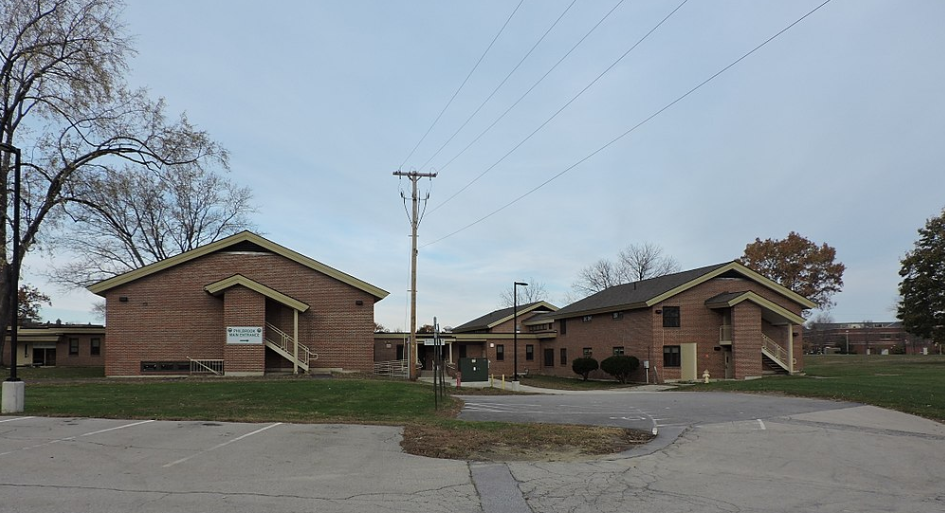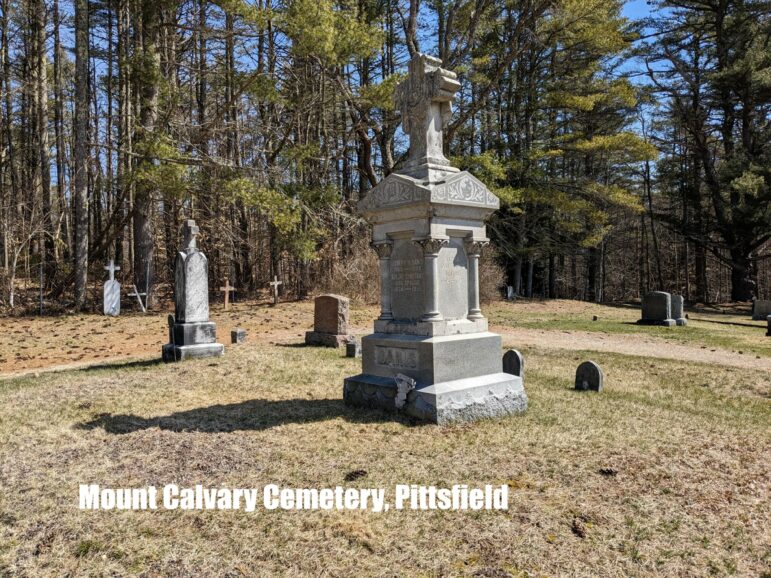By GARRY RAYNO, InDepthNH.org
CONCORD — The state, cities and towns will now be able to use federal CARES Act money to match Federal Emergency Management Agency COVID-19 spending.
Originally the U.S. Treasury said the CARES Act money could not be used to match FEMA emergency spending as federal law prohibits using federal funds to match federal funds. When FEMA responds to an emergency as it did with the coronavirus, states or cities and towns are required to match 25 percent of what the federal agency spends.
For example, FEMA money paid for setting up the alternative overflow sites around the state in anticipation of hospitals being overwhelmed by COVID-19 patients, although the state has yet to use the facilities and several have been closed.
The state was expected to pay 25 percent of the costs. Traditionally the state and local government split the costs, each paying 12.5 percent.
But on June 25, the U.S. Treasury published new guidelines that allow states and local governments to use the federal CARES Act money for the match.
New Hampshire received $1.25 billion in CARES Act money, and according to the latest weekly accounting for the week of June 29 on the Governor’s Office For Relief and Recovery website, between $300 million and $200 million of the federal funds have yet to be allocated.
Of the money already allocated, $40 million has been set aside for municipalities and counties for COVID-19 related costs.
At the Joint Legislative Fiscal Committee meeting Friday, several committee members questioned state officials whether the money would be able to replace general fund money and local tax dollars.
State Sen. Jay Kahn, D-Keene, asked Health and Human Services Commissioner Lori Shibinette about the use of $15.625 million in general fund money to match FEMA expenditures.
“I understand we are going to be able to avoid general fund transfers needed to match (FEMA spending),” he said, “and we would like to provide assurances to local communities they will not have to worry about local expense to try to make the match.”
Shibinette said her office is working on that with the GOFERR office and with local communities.
She said the general fund money is already allocated in the recently concluded 2020 fiscal year, and instead the CARES Act money would be used to backfill or future FEMA matches.
Kahn asked Shibinette to keep the committee apprised of how the money is used.
She said any use of the money would be brought to the committee as an informational item in the future.
“The upshot from this is there are some ways for us — through emergency response — to use CARES Act money in manners appropriate,” Kahn said, “and provide the state and your department budget flexibility as we go forward.”
Another concern was the use of the Philbrook Center to provide transitional housing for patients at the New Hampshire Hospital as they wait to be discharged.
The legislature approved a $5 million appropriation to provide 40 new transitional housing beds in the current budget. The lack of transitional housing has prevented some patients from being discharged and returning to their communities.
Lawmakers sought to free up space at the state hospital to reduce the number of people suffering from severe mentally illness waiting in hospital emergency rooms around the state.
With the anticipation of COVID-19 patients overwhelming hospitals, freeing up emergency room beds was a priority, according to health and human services officials.
State Sen. Lou D’Allesandro, D-Manchester, said using the Philbrook Center, which once housed children with mental illness, but is now an office building, was not what was intended. He asked Shibinette to explain why the plans changed.
She said a current provider decided not to renew their contract and the department needed to act quickly.
“One of the things we learned, especially in the COVID environment, is there is not a lot of appetite to stand up new programs,” Shibinette said. With ongoing legal matters and questions over the state’s obligations, she said, “we had to start quickly to build some capacity in our system.”
The Philbrook Center will provide 16 transitional beds.
Shibinette said renovations and expenses for the first year will cost about $3 million leaving $2 million to seek other transitional beds in other areas around the state.
Budget changes for accepting and spending money related to the coronavirus pandemic is not acted on by the Fiscal Committee.
At issue is the $1.25 billion the state received in federal CARES Act money.
Gov. Chris Sununu maintains that governors have expanded authority to protect the safety and health of the public in a state of emergency and do not need fiscal committee approval for budget changes.
He cites a 2002 law passed after the Sept. 11 terrorist attacks on New York City and Washington, D.C., for governors’ expanded authority.
Democratic legislative leaders sued the governor claiming he was usurping the legislature’s constitutional budget authority.
A superior court judge initially ruled lawmakers did not have standing to bring the suit and dismissed it, but after legislators claimed the fiscal committee members were prevented from performing their legal duty, the suit was reinstated.
A final ruling has yet to be made.
Garry Rayno may be reached at garry.rayno@yahoo.com.





